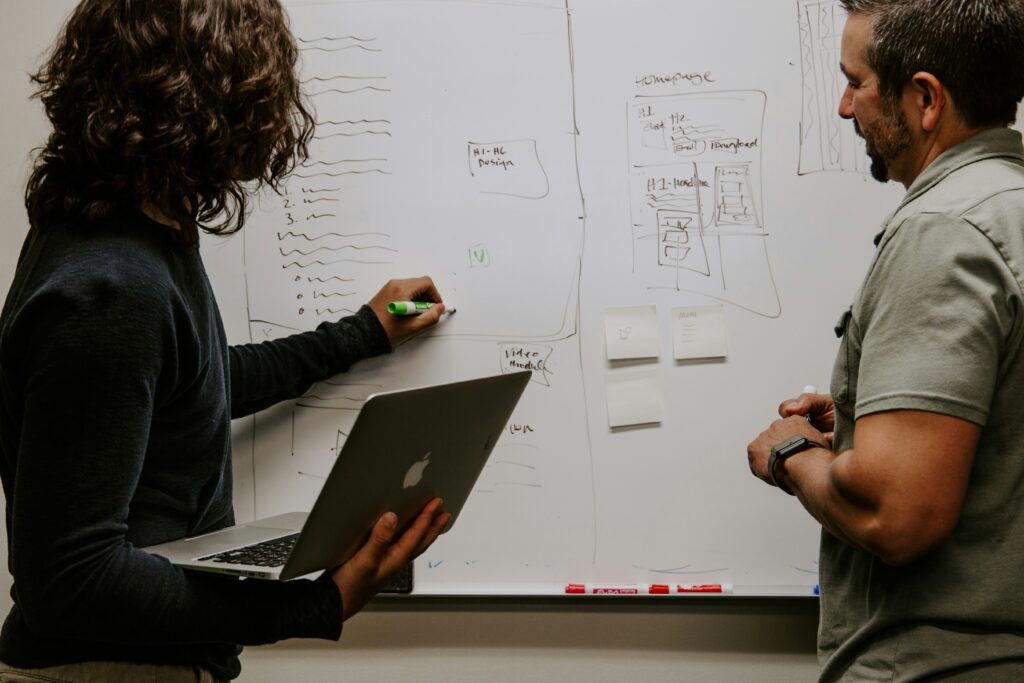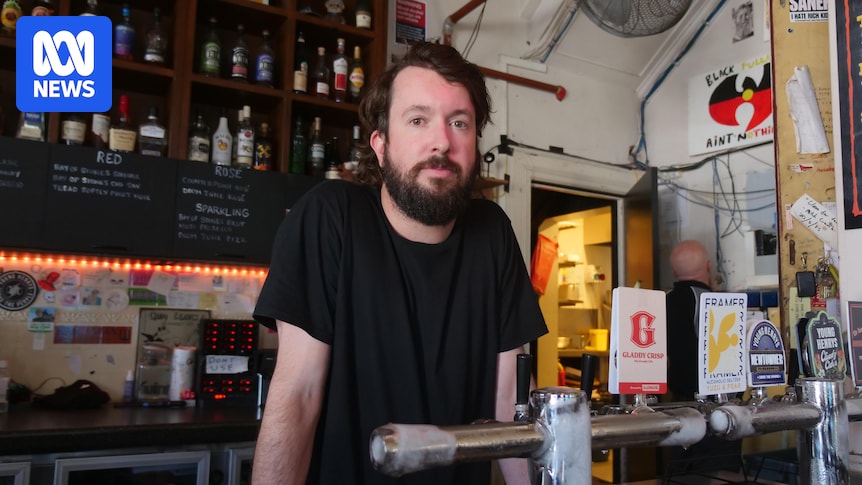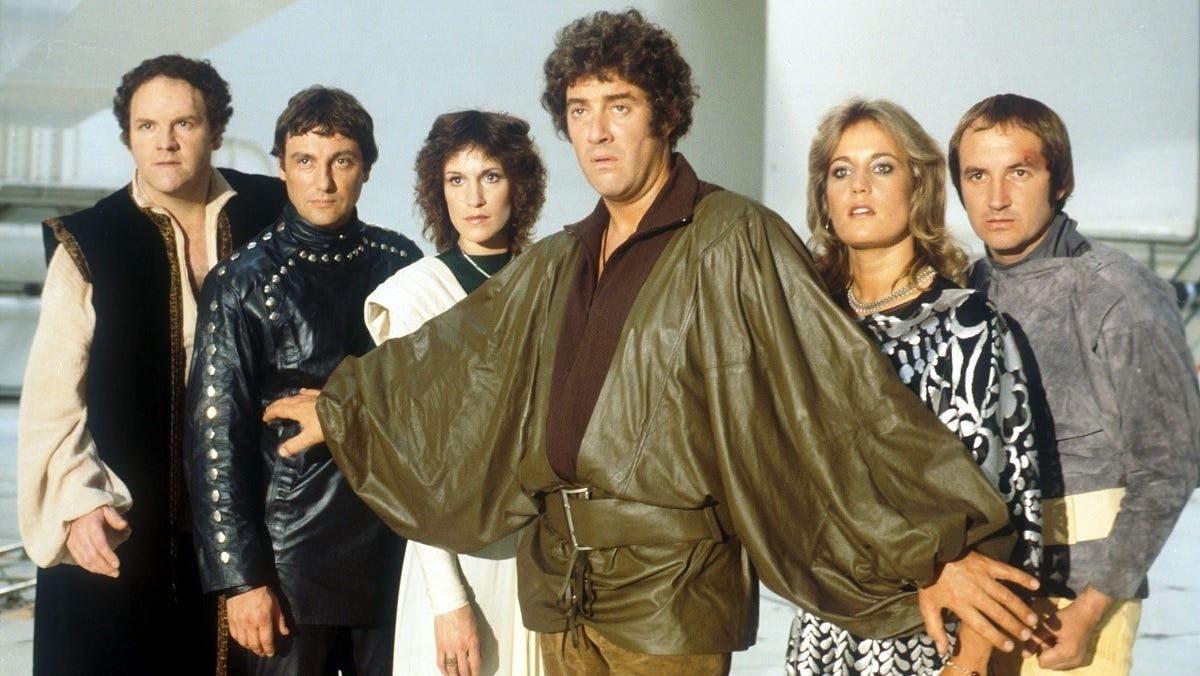
The first successful human transplant of a kidney converted from blood type A to universal type O has been achieved using groundbreaking enzyme technology developed at the University of British Columbia (UBC). This milestone, published in Nature Biomedical Engineering, represents a significant advancement towards expediting kidney transplants for thousands of patients.
In a pioneering experiment, the enzyme-converted kidney was transplanted into a brain-dead recipient with family consent, allowing researchers to monitor the immune response without endangering a life. For two days, the kidney functioned without any signs of hyperacute rejection, a rapid immune reaction that can destroy an incompatible organ within minutes. By the third day, some blood-type markers reappeared, causing a mild reaction, but the damage was notably less severe compared to a typical mismatch. Researchers observed signs of the body beginning to tolerate the organ.
“This is the first time we’ve seen this play out in a human model,” said Dr. Stephen Withers, UBC professor emeritus of chemistry who co-led the enzyme development. “It gives us invaluable insight into how to improve long-term outcomes.”
The Science Behind the Breakthrough
This achievement is the culmination of over a decade of research. In the early 2010s, Dr. Withers and his colleague Dr. Jayachandran Kizhakkedathu, a UBC professor in the department of pathology and laboratory medicine and the Centre for Blood Research, focused on creating universal donor blood by removing the sugars that define blood types. These sugars, or antigens, also coat organ blood vessels. If a recipient’s immune system detects the wrong antigen, it attacks.
Type-O patients, who make up more than half of kidney waitlists, can only receive type-O organs. However, type-O kidneys are often given to others because they are universally compatible, leading to longer wait times for type-O patients, who typically wait two to four years longer and face higher mortality rates while waiting.
Revolutionizing Transplantation
Traditional methods for overcoming blood-type incompatibility in transplants involve days of intensive treatment to strip antibodies and suppress a recipient’s immune system. These methods also require organs from living donors. The new approach changes the organ rather than the patient, potentially allowing for faster transplants with fewer complications. It also opens the possibility of using blood-type mismatched organs from deceased donors, where every hour can be critical.
The key to this approach was the 2019 discovery by the UBC team of two highly efficient enzymes that remove the sugar defining type-A blood, effectively converting it to type O. “These enzymes are highly active, highly selective, and work at very low concentrations,” said Dr. Kizhakkedathu. “That made the whole concept feasible.”
From Concept to Reality
The challenge was to apply this technology to whole organs, which was achieved in 2022 when a Toronto team demonstrated that lungs could be converted. After successful tests on blood, lungs, and kidneys outside the body, the question remained: Could an enzyme-converted organ survive inside a human immune system?
The answer arrived in late 2023 during an overseas trip for Dr. Kizhakkedathu. “Our collaborators showed me their data where, using our enzymes, they had converted a human kidney and transplanted it into a brain-dead recipient. It was working beautifully,” he recounted. “I was so thrilled. It was a dream moment.”
Blood-type antigens act like nametags on cells, and the UBC enzymes act as molecular scissors, snipping off the ‘nametag’ that marks type A and revealing type O beneath. “It’s like removing the red paint from a car and uncovering the neutral primer,” said Dr. Withers. “Once that’s done, the immune system no longer sees the organ as foreign.”
Looking Ahead: Clinical Trials and Beyond
Regulatory approval for clinical trials is the next hurdle. The partner UBC spin-off company, Avivo Biomedical, will lead the development of these enzymes for transplant applications and to enable the creation of universal donor blood on demand for transfusion medicine.
The potential impact is enormous. “This is what it looks like when years of basic science finally connect to patient care,” said Dr. Withers. “Seeing our discoveries edge closer to real-world impact is what keeps us pushing forward.”
As the medical community anticipates the next steps, this breakthrough offers hope for reducing wait times and improving outcomes for transplant patients worldwide. The success of this enzyme technology could redefine organ transplantation, making it more accessible and efficient, ultimately saving countless lives.







